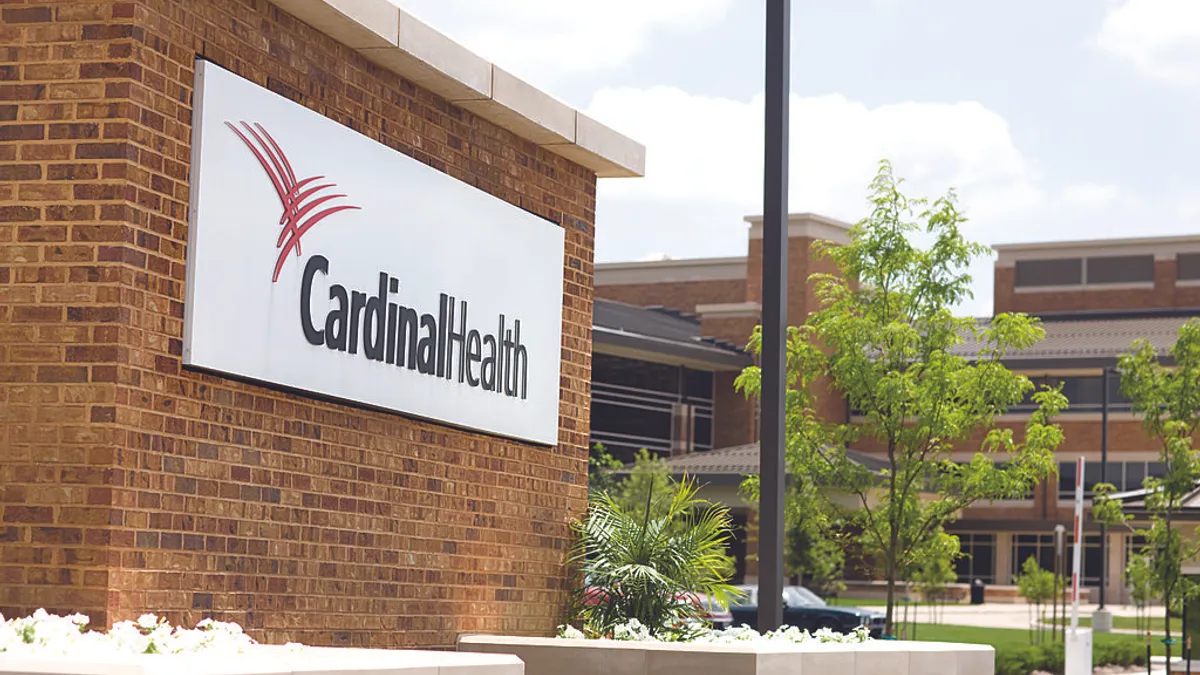Dive Brief:
- The Food and Drug Administration voiced concerns in a Monday letter that Cardinal Health failed to sufficiently mitigate the risk of incompatibility between its syringes and certain pumps in its communication to healthcare providers.
- Cardinal wrote to its customers in September to explain that some lots of Monoject Luer-lock tip syringes are incompatible with certain infusion pumps, leading to a Class I recall notice covering the device correction. The recall affects more than 32 million syringes.
- Days after posting the Class 1 notice, the FDA revised recommendations for healthcare providers. It said the dimensional changes made to Cardinal Health’s Monoject syringes, when used with syringe pumps or patient-controlled analgesia (PCA) pumps, may result in issues that include overdose, underdose, or delays in therapy or occlusion alarms.
Dive Insight:
On Monday, the FDA moved to clarify the advice for healthcare providers in a notice titled “Do Not Use Cardinal Health Monoject Syringes with Syringe Pumps and PCA Pumps.” The Class I notice posted on Nov. 14 made no mention of PCA pumps. That gap in information is the cause of the FDA’s concerns.
“The FDA has concerns that the information provided by Cardinal Health has not sufficiently mitigated the risk of incompatibility when Cardinal Health Monoject syringes are used with other pumps, specifically PCA pumps,” the agency wrote.
In updated recommendations for healthcare providers, the FDA states, “Do not use Cardinal Health Monoject syringes with syringe pumps or PCA pumps.” The agency has also updated the advice on the use of older Covidien Monoject syringes, telling users to “be aware that both brands of syringes state only ‘monoject’ on the syringe itself and do not include the company name.” The FDA is recommending that the outer packaging with Covidien branding is kept so users know if the syringe is compatible.
The FDA also “has concerns that the risk of incompatibility could apply to additional sizes of Cardinal Health Monoject syringes.” Officials are working with the manufacturer to address questions about the scope of the device correction and the information shared by Cardinal.
The FDA said on Monday that it has received more than a dozen medical device reports involving delays in therapy or inaccurate therapy related to the problem. It did not specify the number of injuries, and the agency said it is not currently aware of any related deaths.
Cardinal received 15 reports of delayed therapy due to syringe infusion pumps not recognizing syringes, and 13 reports of inaccurate dispensing that included some injuries, according to the FDA’s recall notice.










